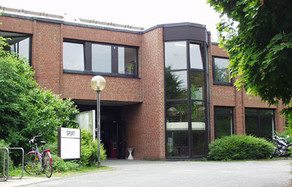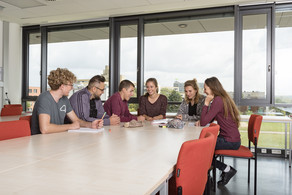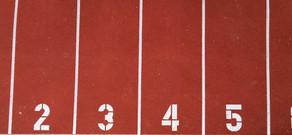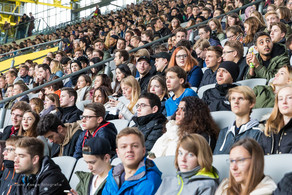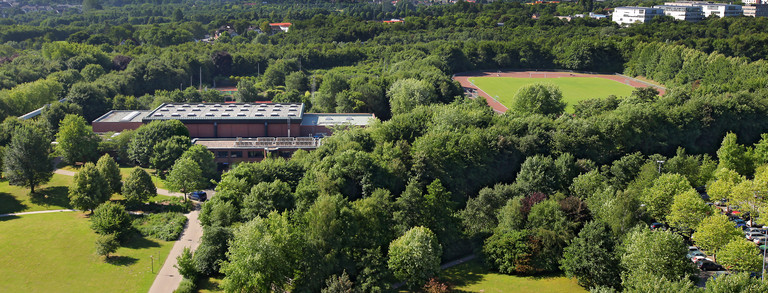OSSKAR Study: Organized Sport and Social Capital - Revisited
| Project Management: | Prof. Dr. Ulrike Burrmann Prof. Dr. Sebastian Braun (HU Berlin) Prof. Dr. Michael Mutz (Uni Gießen) |
| Collaborators: | |
| Principal: | |
| Term: | 2017 - 2019 |
Goals and contents
The cooperative project OSSKAR uses the nationally representative Population Survey: Importance of Sports Clubs for Social Cohesion (Kantar Public, 2018) to empirically investigate the extent to which clubs and, in particular, sports clubs, as the quantitatively most significant organizational form of civic community in Germany, can contribute to the (re)production of "social capital". In order to examine this overarching objective, the study draws on the concept of "social capital," which has been intensively discussed and criticized since the relevant studies by Robert D. Putnam, but at the same time has been theoretically specified and made usable for empirical studies.On the basis of a representative population survey (online survey, sample 18 years and older, n=2,568), which was completed in January 2018, statistical correlations and regularities between different forms of participation in (sports) clubs on the one hand and central dimensions of social capital on the other hand are elaborated. These include social trust, forms of sociability and support, social relationships, individual motivational resources and voluntary engagement, values and political attitudes of the actors. In addition, sociodemographic characteristics that are significant for controlling for social selectivity upstream of association membership were collected. The statistical analyses focus, on the one hand, on comparing individuals who participate in the sports association in different forms with individuals who participate in another association and individuals without association membership. On the other hand, comparisons are made with a representative survey of the population and sports club members in Germany, which was conducted in 2001 (Baur & Braun, 2003), so that trend statements are possible for individual social capital dimensions.
Publications: Baur, J. & Braun, S. (Eds.). (2003). Integration performance of sports clubs as voluntary organizations. Aachen: Meyer & Meyer. Kantar Public (2018). Importance of sports clubs for social cohesion. Methodological report on the implementation of the population survey. Unpublished document, Kantar Public, Munich.


